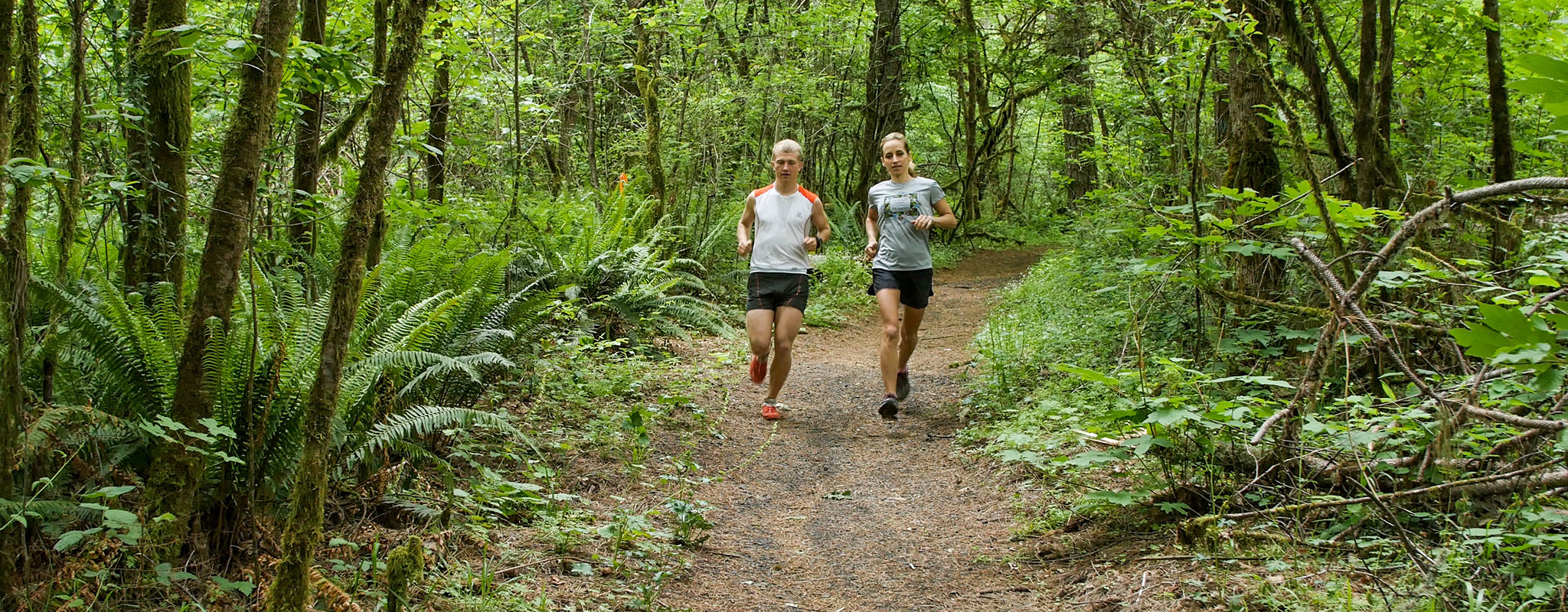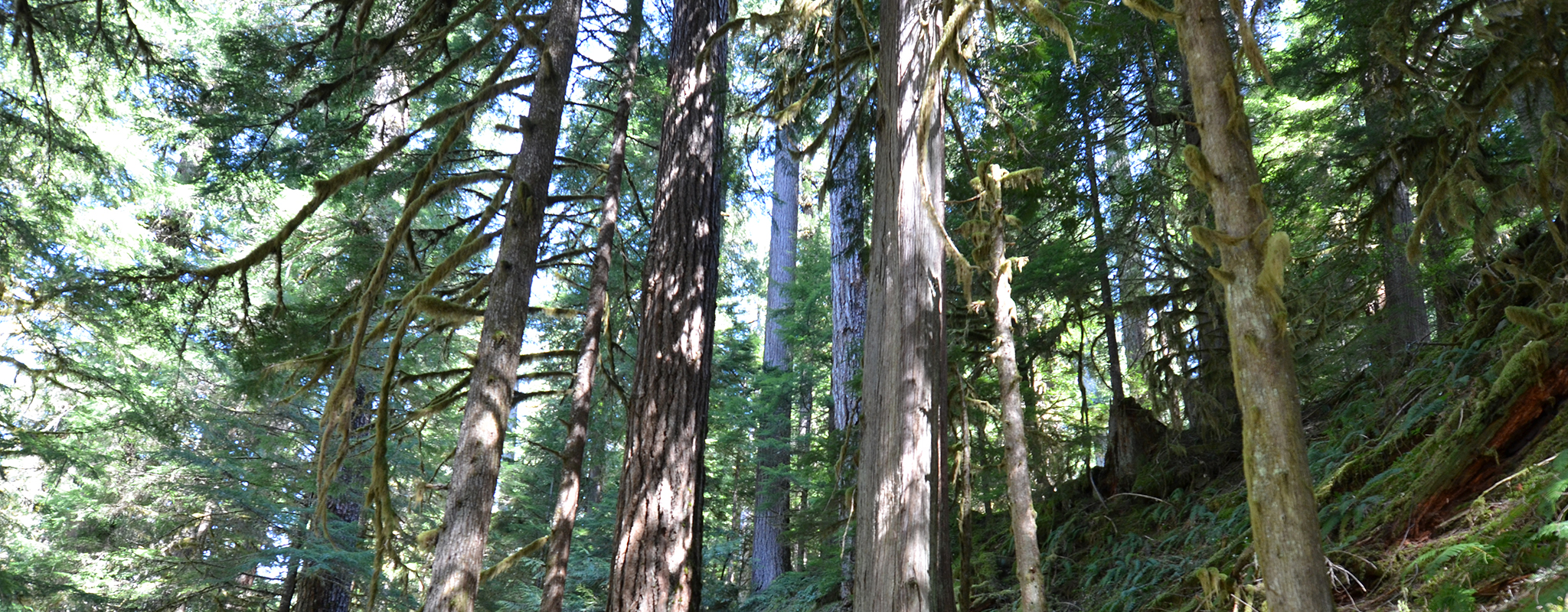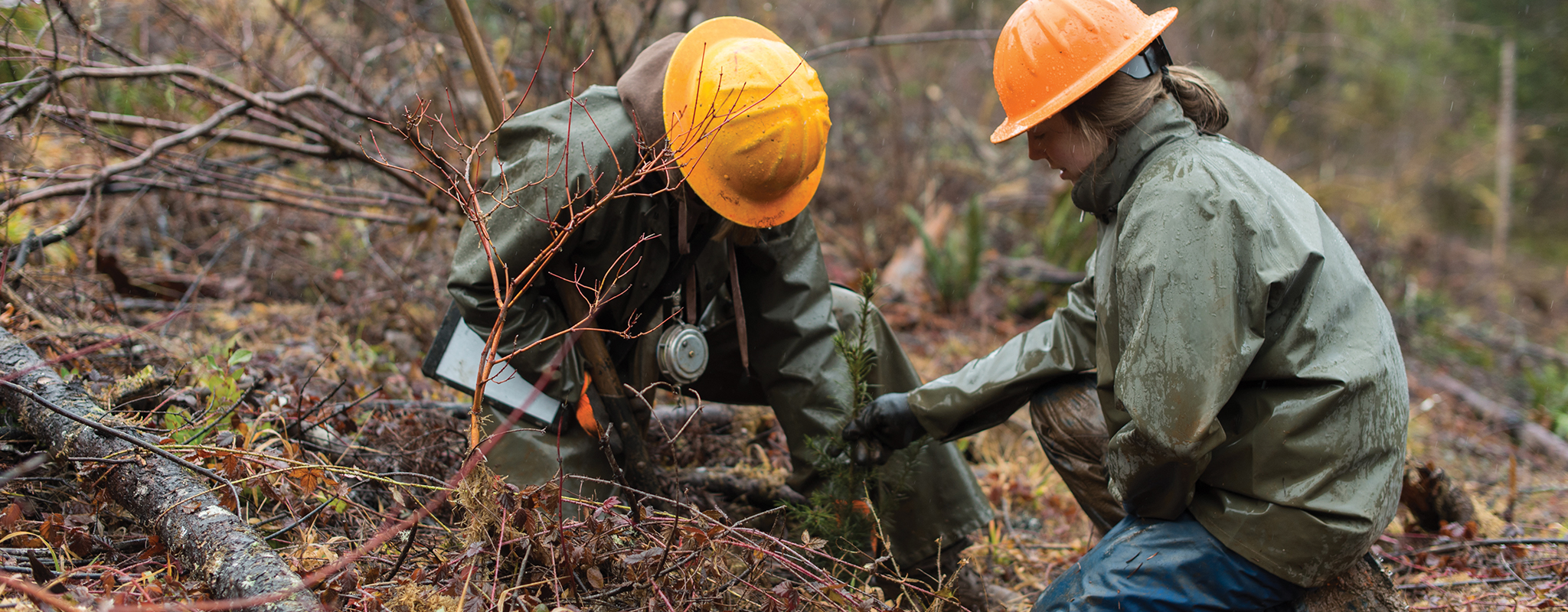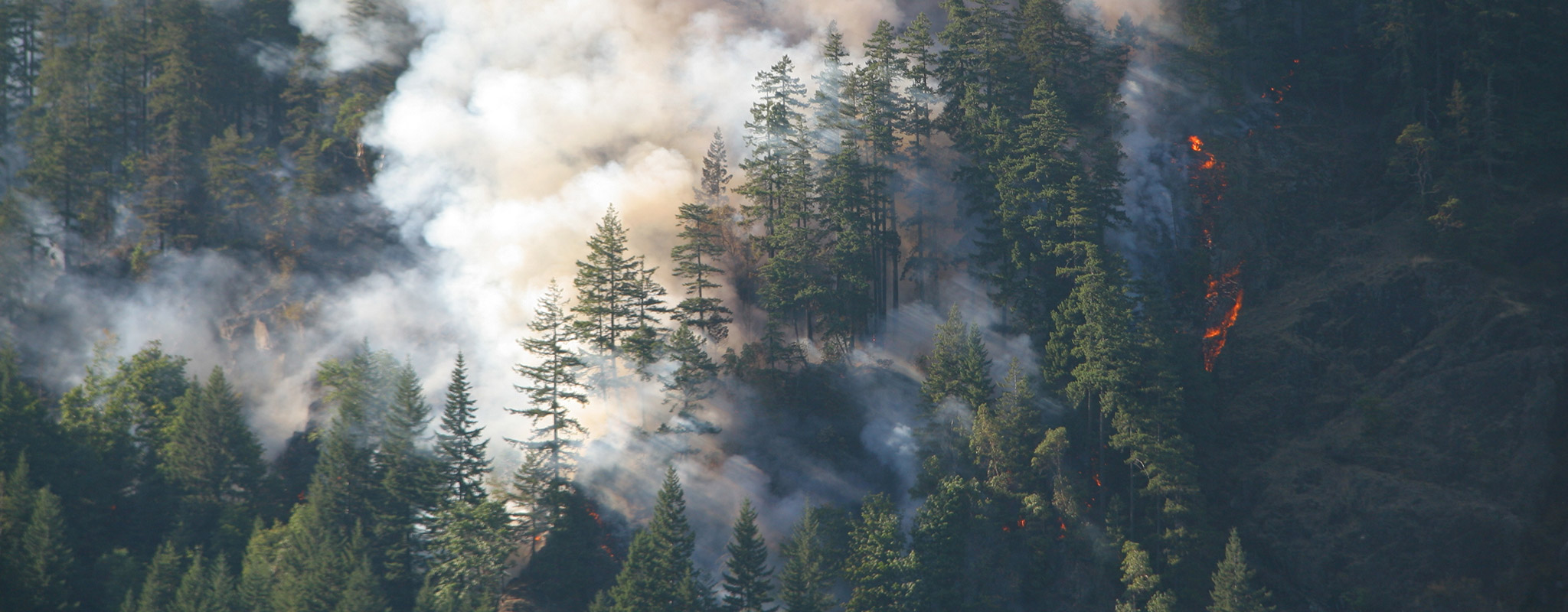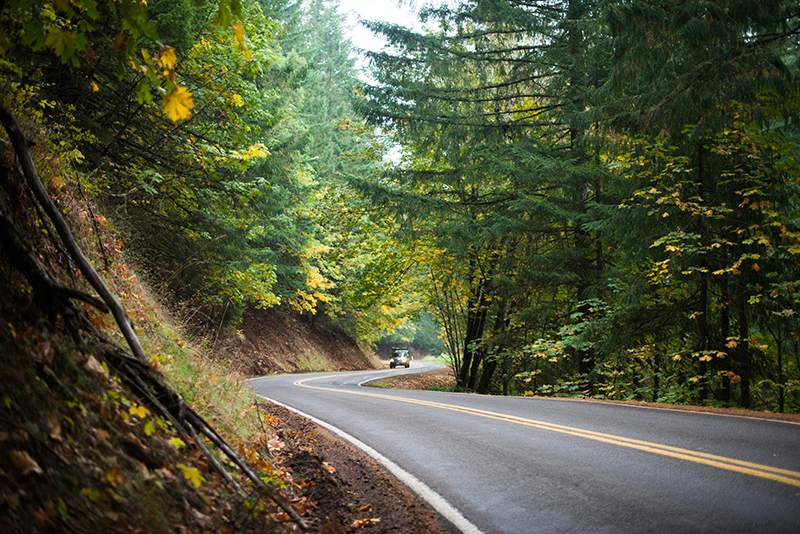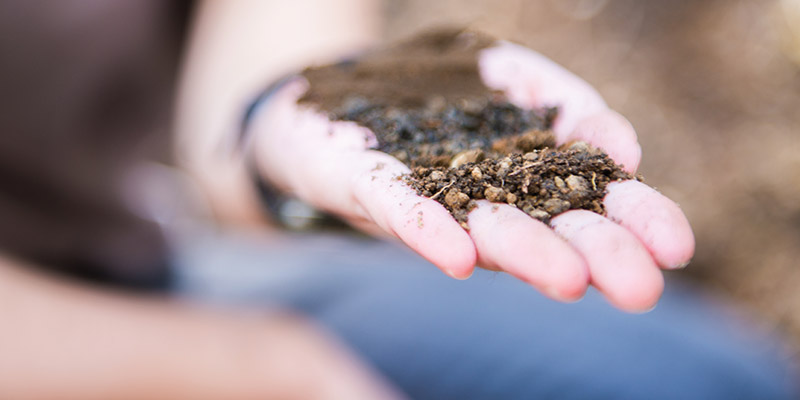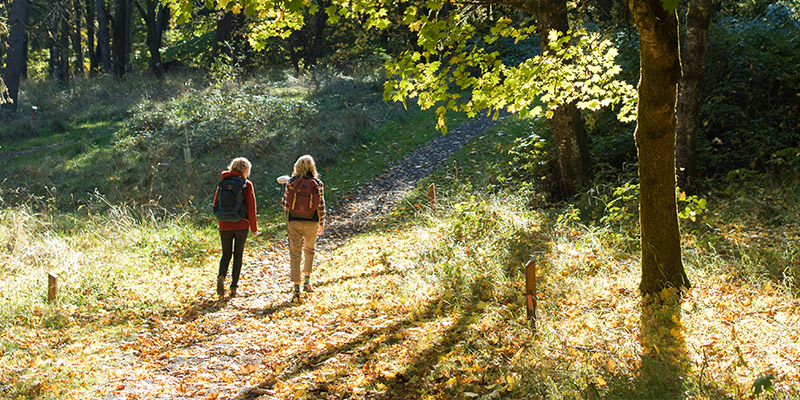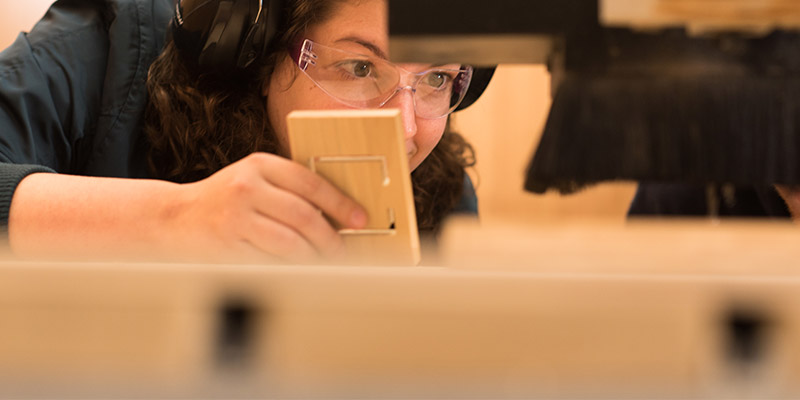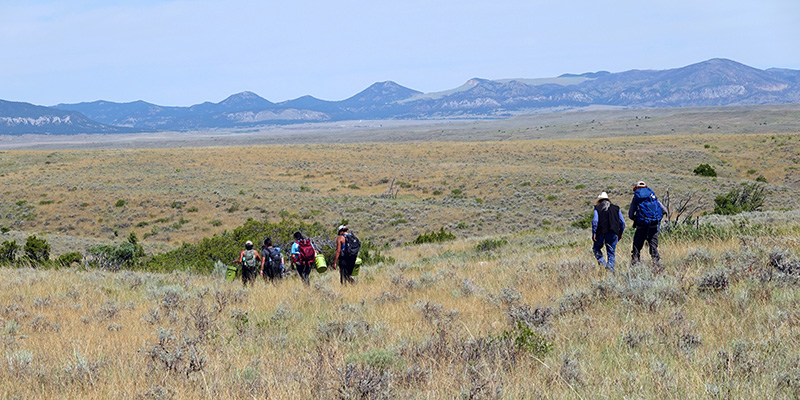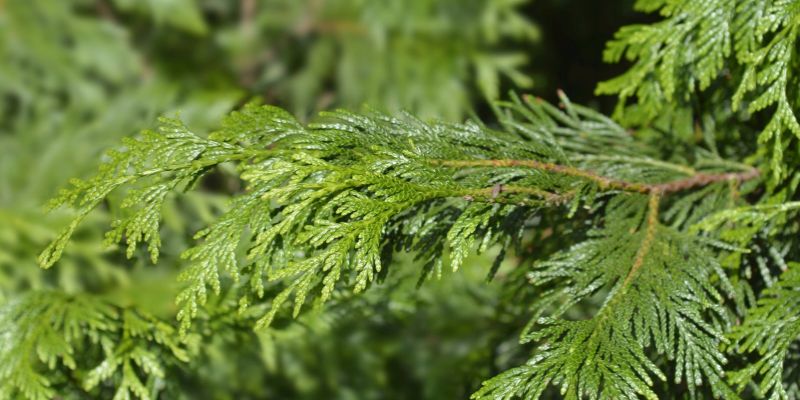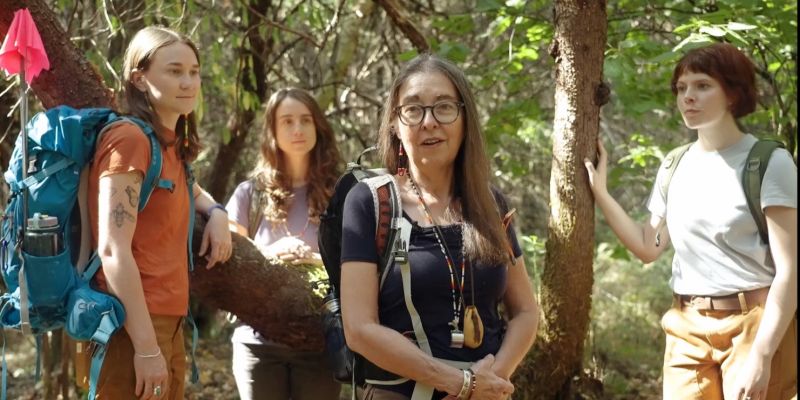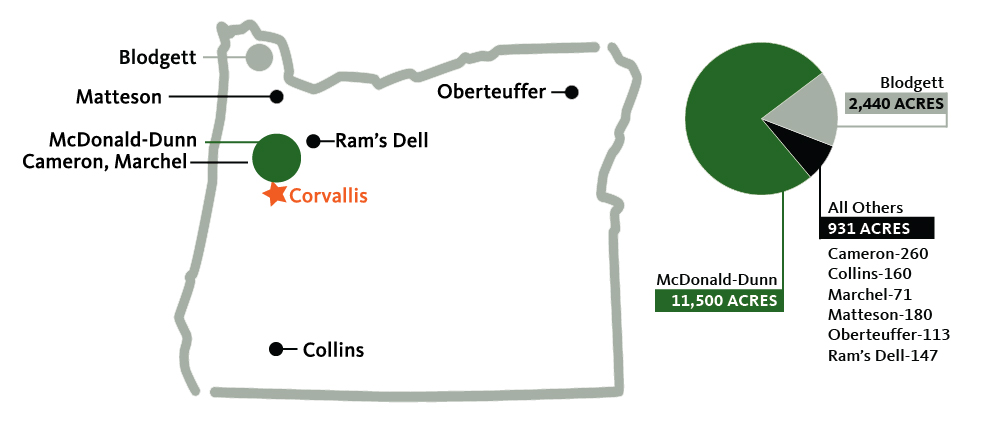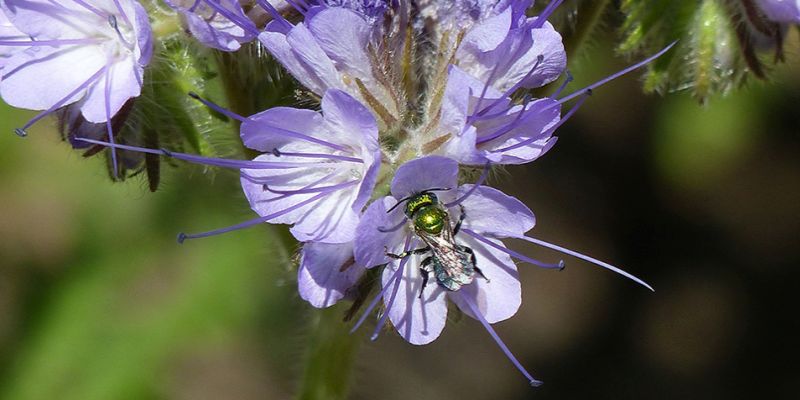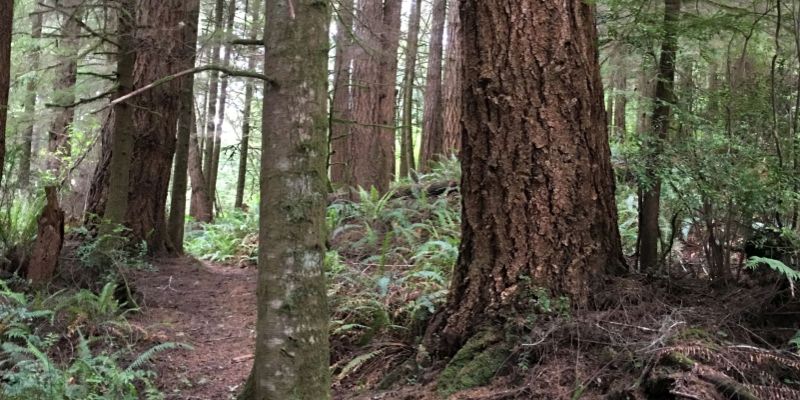Academic excellence is the hallmark of College of Forestry programs at Oregon State University. Ranked as one of the premier forestry schools in the world, students find a variety of programs that offer broad education, rigorous depth and professional focus. Caring faculty work with students to provide advising, mentoring, research experiences, study abroad opportunities, field labs, exposure to real-world practice, Traditional Ecological Knowledge and the latest scientific findings. Active student clubs enrich student life through social interaction, links to professional organizations and leadership opportunities.
This is a great place to study, and an OSU College of Forestry degree is sound preparation for the future and an ever-expanding variety of jobs and careers. We’d love to discuss your college plans with you and show how our programs might fit your needs - come visit!
With warm regards,
Thomas H. DeLuca
Cheryl Ramberg-Ford and Allyn C. Ford Dean
